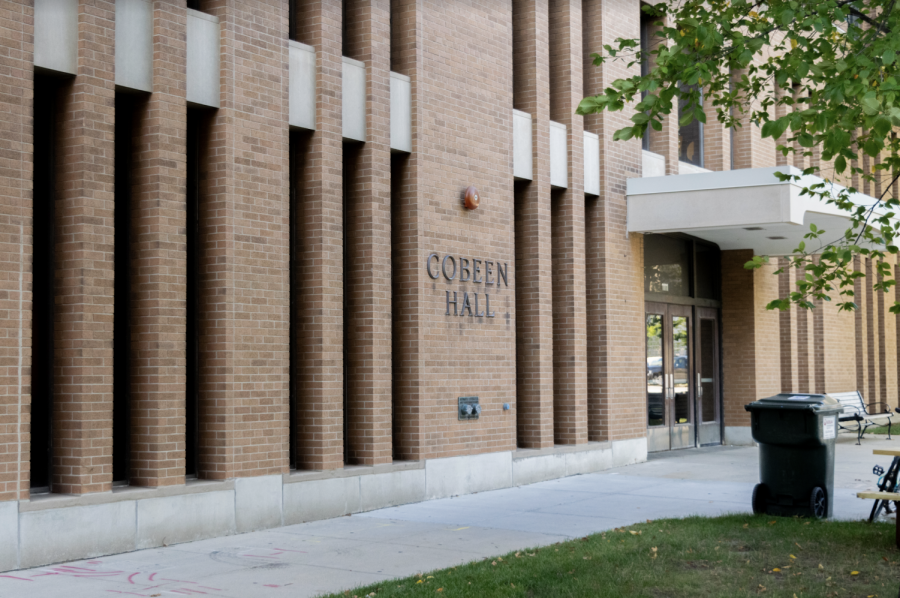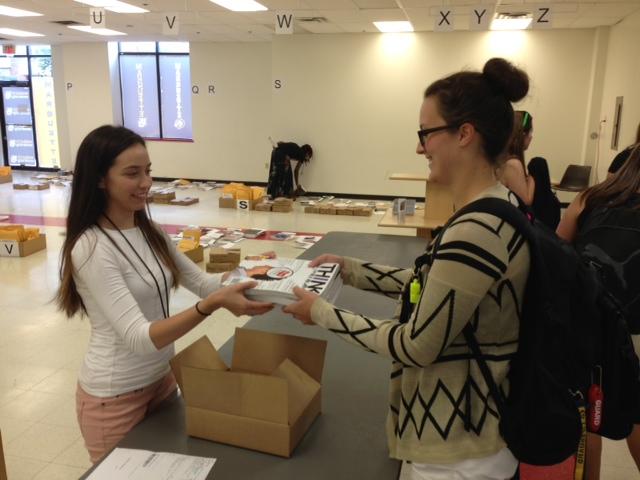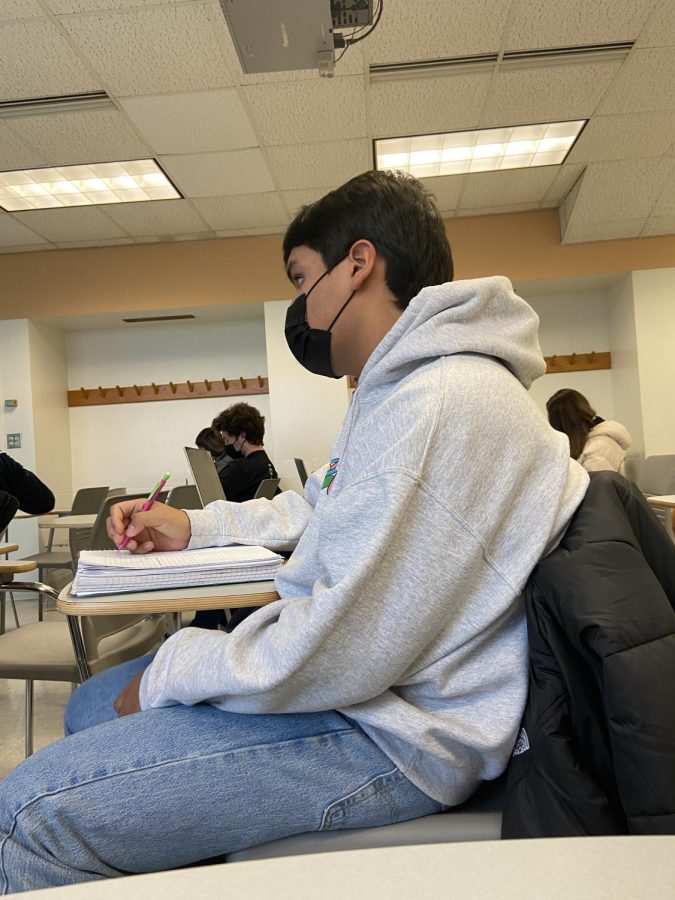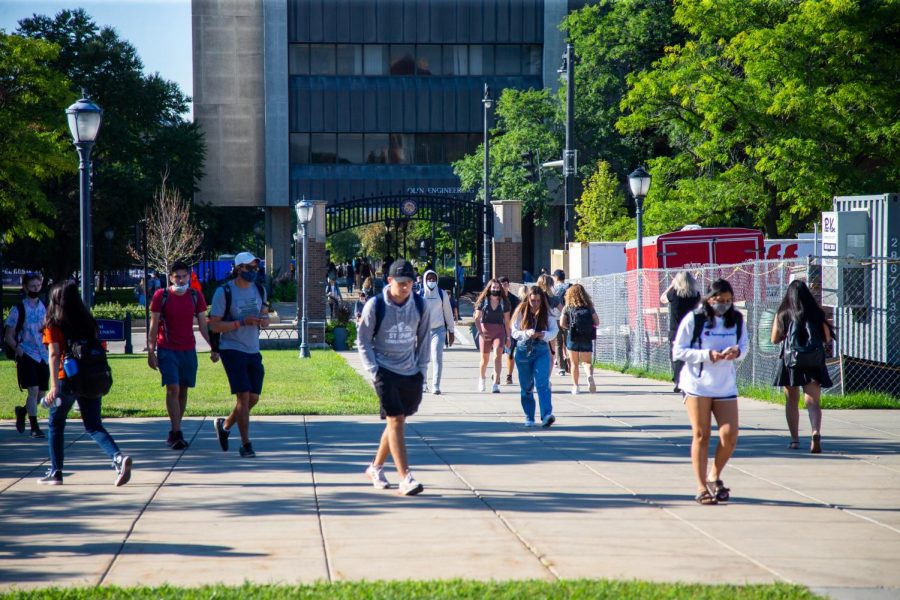Marquette University should consider lowering the costs of the extra expenses that students have to pay, especially amid the coronavirus pandemic.
Currently, the cost for laundry in Marquette residences halls is $1.50 for washing and $1.50 for drying. A combined load would be $3, and considering that the average person does laundry once or twice a week, a student can easily spend $24 in laundry per month.
Other Wisconsin schools, such as University of Wisconsin-Madison, offer free drying. At Marquette Coin Laundry, the campus laundromat situated underneath Campus Town West Apartments, washing is between $1.00 and $1.25 for students, depending on the day. It is unfair that Marquette does not charge similar prices in its residence halls.
Additionally, Marquette charges 7 cents to print a single-sided letter-sized paper in black and white and 10 cents for a double-sided sheet. However, the university charges 50 cents for a letter-sized paper in color and 80 cents for a double sided letter-sized paper in color. When factoring in the various papers and projects students may need to complete, often for multiple classes, these costs can quickly add up. While Marquette does give $14 for printing every semester, if someone printed 20 double sided letter-sized papers in one semester, this would not be enough.
Textbooks are also a major expense for college students. College students spend an estimated $1,240 for one year on textbooks alone. Students are forced to potentially spend thousands on textbooks for classes if they cannot find alternative ways to get them. Since the on-campus bookstore Book Marq experienced a delay in the beginning of the semester, students may have had to purchase the book on Amazon or through other textbook providers to make sure it would arrive on time.
Food is an additional expense for students. While most on-campus first-years and sophomores have a dining plan, students may choose an alternative dining experience when dining hall choices become limited. While Marquette claims that many area businesses accept Marquette Cash, money that can applied to your student ID to use for different services, in reality only six off-campus vendors accept Marquette Cash. Marquette should attempt to partner with more nearby off-campus vendors.
Laundry, printing, textbooks and food are all necessary academic and personal expenses, not luxuries. Marquette should either eliminate or reduce these costs while the pandemic is still economically impacting students’ lives.
College students in normal circumstances are a poor demographic due to having generally having to carry the burden of both paying for school while often not receiving a consistent, substantial income. During the pandemic, economic impacts have become even more widespread.
During the COVID-19 pandemic, most students between the ages of 18 to 24 did not receive a stimulus check because they were still listed as a dependent on their parents. They were also ineligible for the $500 provided by the CARES Act, as the age limit was 17. Parents and students alike may have lost their jobs, which would put students in an even riskier financial position.
Private universities like Marquette that have high tuition costs should be mindful that the price of college is already a large financial burden, and that adding on additional expenses to a ticket price of nearly $60,000 for tuition and room and board is not fair.
Some people may say going to college is choice, but those who do so are most often looking to heighten their job prospects and increase financial stability. In the U.S., college graduates aged 22 to 27 earned a median income of $44,000 a year, compared to high school graduates the same age who earned a median of $30,000 a year.
Marquette, and other colleges and universities, should be sympathetic to students who may be experiencing financial hardship, and should at least lower costs on basic, everyday services.
This story was written by Lucia Ruffolo. She can be reached at [email protected]











